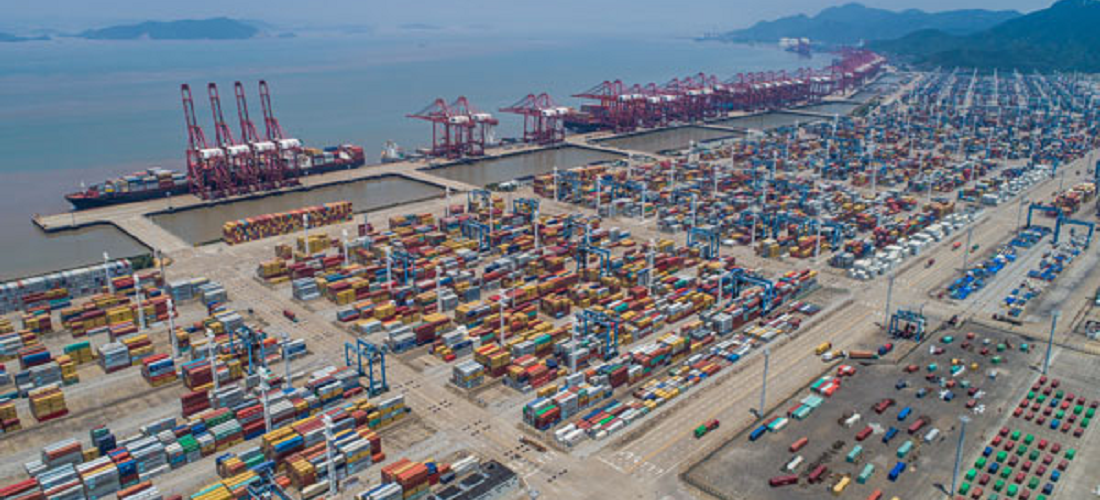
Port stoppage in China already causes bottlenecks and delays around the world
Aug, 16, 2021 Posted by Ruth HollardWeek 202133
An outbreak of Covid-19 that has partially closed one of the world’s busiest container ports has heightened fears that the rapid spread of the delta variant could lead to a repeat of the nightmare that befell merchant marines last year.
The port of Los Angeles, which experienced a drop in volumes due to a Covid-19 outbreak at Yantian port in China in June, is bracing for another possible drop in movement due to the latest closure of the port of Ningbo-Zhoushan in China, said a spokesman on Friday. Anton Posner, chief executive of supply chain management company Mercury Resources, said that many companies that charter ships are already adding contractual clauses regarding Covid-19 as insurance so they don’t have to pay for stopped ships.
See the volumes exported by Brazil, Argentina, and Uruguay to the port of Ningbo-Zhoushan in China since January 2019. Data are from DataLiner:
Exports from Brazil, Argentina, and Uruguay to the Port of Ningbo-Zhoushan in China | Jan 2019 to Jun 2021 | TEU
Source: DataLiner (To request a DataLiner demo click here)
The closure of the Ningbo-Zhoushan port is raising fears that ports around the world will soon face the same types of outbreaks and restrictions caused by Covid-19 that have reduced flows of everything – from perishable food to electronics – this past year when the pandemic took hold. Contagions threaten to spread across ports just as the world’s shipping system struggles to meet unprecedented demand as economies reopen and industrial production soars.
Source: Valor Econômico
To read the full original article, visit the link:
-
Grains
Aug, 30, 2023
0
Amazon ports boost Brazil corn exports in 2022/23
-
Ports and Terminals
Sep, 22, 2023
0
Ports minister announces three new projects for Port of Santos; find out more
-
Ports and Terminals
Apr, 05, 2022
0
K-Line leads the largest vehicle transhipment operation in the history of Suape
-
Other Cargo
Oct, 04, 2022
0
Apple iPhone exports from India top $1 billion in five months



